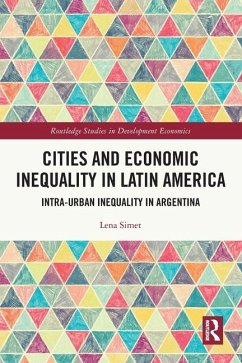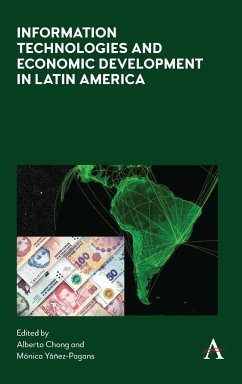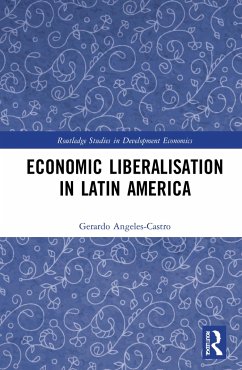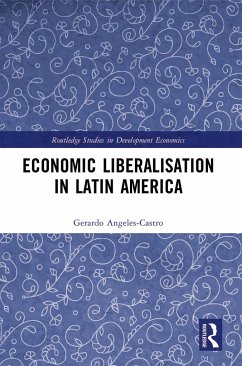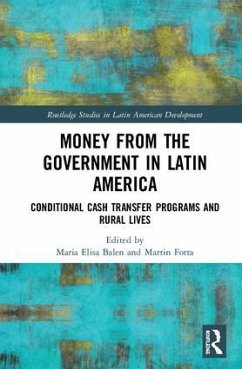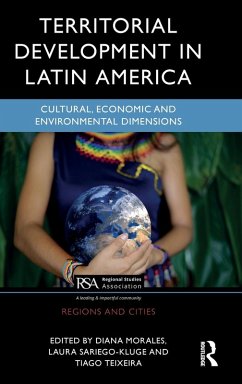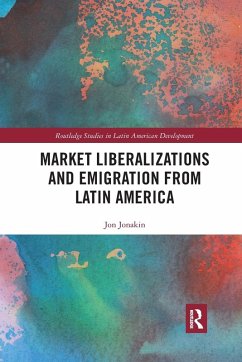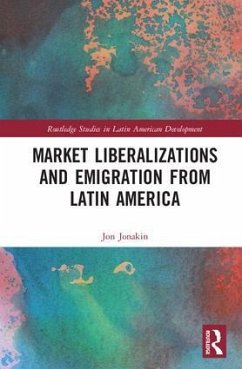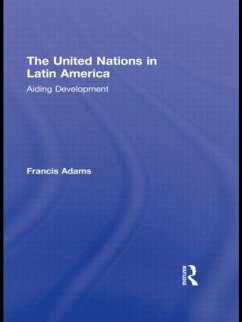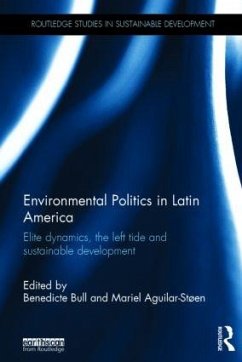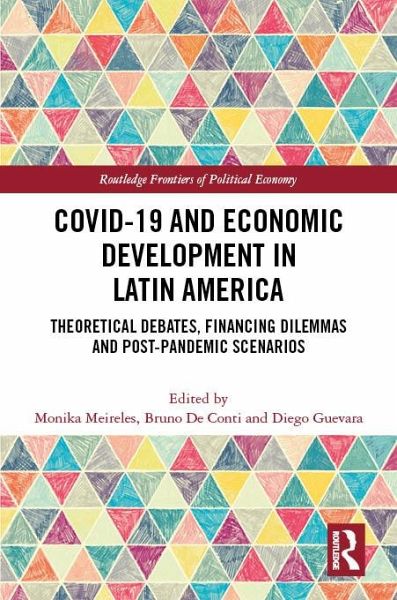
COVID-19 and Economic Development in Latin America
Theoretical Debates, Financing Dilemmas and Post-Pandemic Scenarios
Herausgeber: Meireles, Monika; Guevara, Diego; de Conti, Bruno
Versandkostenfrei!
Versandfertig in 1-2 Wochen
166,99 €
inkl. MwSt.

PAYBACK Punkte
83 °P sammeln!
The impact of the COVID-19 pandemic on the global economy, just as with the Great Recession a decade earlier, has served to reinforce the fact that the world is hierarchically organized and the distribution of power between countries is distinctly asymmetric. Gathering multiple viewpoints of Latin American researchers, this book explores the impacts of the pandemic, including unequal access to vaccines and recovery finance, on economies in the region. The book is organised in three substantial sections: the first brings together conceptual work which rethinks the fundamental categories for cri...
The impact of the COVID-19 pandemic on the global economy, just as with the Great Recession a decade earlier, has served to reinforce the fact that the world is hierarchically organized and the distribution of power between countries is distinctly asymmetric. Gathering multiple viewpoints of Latin American researchers, this book explores the impacts of the pandemic, including unequal access to vaccines and recovery finance, on economies in the region. The book is organised in three substantial sections: the first brings together conceptual work which rethinks the fundamental categories for critical thinking on the challenges for Latin American development in a post-pandemic scenario. In the second part, the chapters focus on studying the Latin American financial reconfiguration that is being driven by the pandemic, particularly through a comparison of the experience of countries of the world economy's core and periphery. Finally, the third part evaluates the concrete experiences of different Latin American countries in this very specific historical moment, emphatically analyzing the economic policy responses that the governments are adopting to deal with the current sanitary emergency and its economic and social effects. From this, the book suggests keystone elements for the relaunch of development strategies in the region as it recovers from the pandemic. This book will be of particular interest to readers of critical or heterodox perspectives on the economics of the pandemic, Latin American development and emerging economies.



